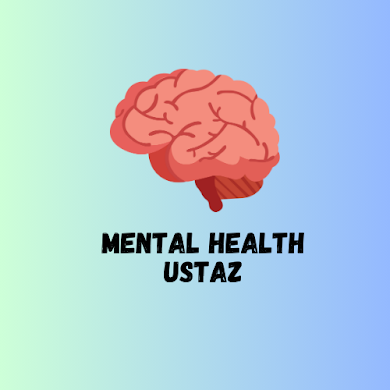Introduction:
Post-traumatic stress disorder, commonly known as PTSD, is a mental health condition that can affect anyone who has experienced a traumatic event. In this in-depth article, we will delve into the intricacies of PTSD, exploring its definition, causes, symptoms, and effective coping strategies. By the end of this article, you will have a clear understanding of what PTSD is and how to deal with it.
What is post-traumatic stress disorder (PTSD)?
PTSD, abbreviated from Post-Traumatic Stress Disorder, is a mental health condition that develops in response to a traumatic event. It can affect individuals who have directly experienced or witnessed a traumatic incident. PTSD can be triggered by various traumatic events, such as accidents, natural disasters, combat, or acts of violence.
Understanding the Impact of Trauma
Trauma can have a profound impact on an individual's mental and emotional well-being. It often leads to intense feelings of fear, helplessness, and horror. These emotions can persist long after the traumatic event has occurred, resulting in the development of PTSD.
What Are the Causes of PTSD?
PTSD can be caused by a wide range of traumatic events, including but not limited to:
- Combat experiences
- Physical or sexual assault
- Natural disasters
- Car accidents
- Childhood abuse
Symptoms of PTSD
The symptoms of PTSD can vary from person to person. Common symptoms include:
- Flashbacks to the traumatic event
- Nightmares
- Severe anxiety
- Irritability
- Difficulty concentrating
- Avoidance of reminders of the trauma
Coping with PTSD
Living with PTSD can be challenging, but it's essential to know that recovery is possible. Effective coping strategies include:
- Seeking professional help from a therapist or psychiatrist.
- Participating in trauma-focused therapy, such as Cognitive Behavioral Therapy (CBT).
- Connecting with a support network of friends and family.
- Practicing self-care, including exercise and relaxation techniques.
FAQs about Post-Traumatic Stress Disorder (PTSD)
What is post-traumatic stress disorder (PTSD)?
PTSD is a mental health condition that develops in response to a traumatic event, leading to a range of distressing symptoms.
Is PTSD treatable?
Yes, PTSD is treatable. Many individuals with PTSD find relief and recovery through therapy, medication, or a combination of both.
How can I help a loved one with PTSD?
Support and understanding are crucial. Encourage your loved one to seek professional help and be patient and empathetic.
Can children develop PTSD?
Yes, children can develop PTSD if they experience a traumatic event. It is essential to provide them with appropriate support and treatment.
Are there different types of PTSD?
PTSD can manifest in various forms, such as Acute Stress Disorder, Complex PTSD, or Delayed-Onset PTSD.
Can PTSD go away on its own? While some people may experience a reduction in symptoms over time, it's advisable to seek treatment for a more effective and quicker recovery.
Conclusion
In conclusion, understanding what post-traumatic stress disorder (PTSD) is and how it can affect individuals is crucial. PTSD can be debilitating, but with the right support and treatment, recovery is possible. If you or someone you know is struggling with PTSD, seek professional help and build a support network. By doing so, you can regain control of your life and work towards a brighter future.
Remember, you are not alone in this journey, and there is hope for a better tomorrow.




0 Comments